What Happens If You Don't Brush Your Teeth?
The better people care for oral hygiene, the more teeth will reveal it. But for those disrupting their dental care and making them a shelter for plaque, there is no other solution than visiting the dentist.
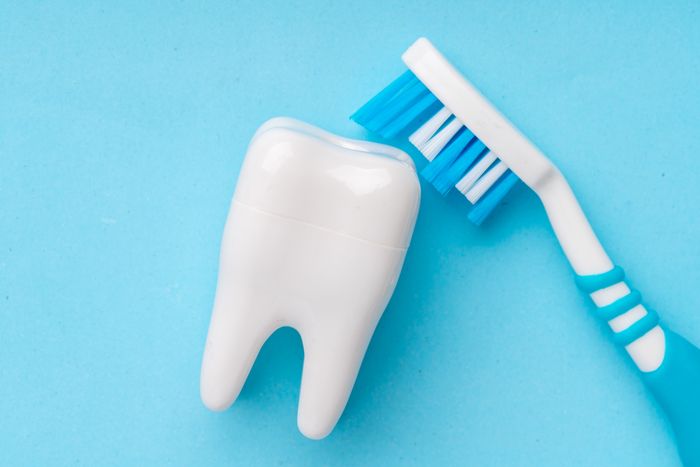
People may not experience major dental diseases or oral problems immediately, so they may want to break their caring habits. If you know the cost of removing these habits, you are likely to be more receptive to the changes.
What happens if you don't brush your teeth, which has become a widespread habit?
Why Brushing Your Teeth is Important?
The only way to have good oral hygiene and healthy teeth is to brush your teeth regularly. Brushing has not only great benefits on our general health but also brings many benefits.
A Good Smile
Brushing your teeth gives you a good smile and increases your confidence.
Feeling of Confidence
In the long run, someone who constantly wants to close his mouth because of his unattractive teeth will be unable to trust himself.
General Health Benefits
The mouth is the entry point for microbes into the body, so this area should not be a convenient ground for bacteria.
What Happens If You Don't Brush Your Teeth?
The consequences of no-regular brushing go beyond sacrificing a beautiful smile and a healthy appearance. Below we have uncovered the 9 most crucial problems.
Without regular brushing, you might experience the following problems:
1. Breath problems
Irregular brushing is often accompanied by bad breath. Food residues feed bacteria on the tooth surface and the tongue. Eventually, this causes bad breath. Brushing may not be able to eliminate bacteria from teeth, but it can eliminate their breeding environments. So, by preventing bad breath and plaque formation early, future problems can be avoided.
2. The Residues of Foods
Without proper teeth cleaning, food waste becomes a food source for bacteria in our mouths. A yellowish tooth color, tartar, and plaque deposits are all associated with it. Sticky foods, especially dried and sugary fruits, pose the greatest challenge.
In addition to being difficult to dissolve in the mouth, these foods also promote bacterial growth. This is why longer tooth brushing time should be taken after consuming these types of foods.
3. Development of Plaques
The formation of plaques is very slow, so they are considered to be of little importance. However, according to the American Dental Association (ADA), it accounts for 65% of the causes of tooth loss in advanced ages.
Plaques are bacterial groups. In their first stage of formation, they have a soft structure and cause bad breath. Plaques can be effectively removed by brushing during this time.
However, it is not possible to clean them by brushing them after they harden and turn into tartar, and they need to be cleaned by a dentist. If plaque is not controlled, it will spread slowly and attack the gums and roots of the teeth. In addition, gingival recession makes your tooth roots vulnerable over time, making them easily rot and fall out.
4. Periodontal Disease
In the case of gum disease, bleeding and swelling are common symptoms. There are two main causes: plaque and tartar. When gums swell, pockets form, which need to be cleaned or cut by periodontists.
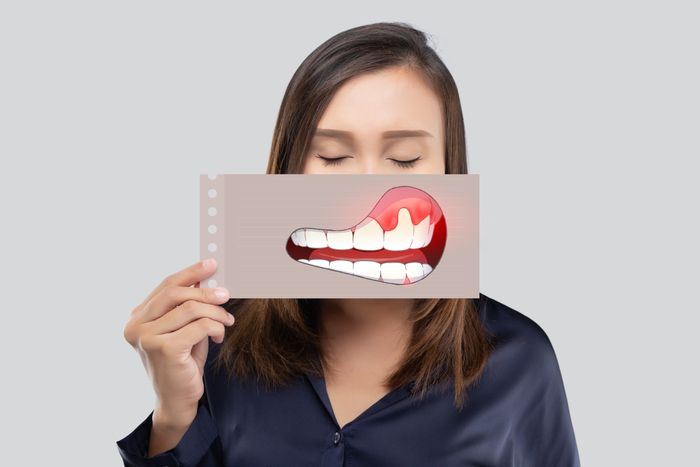
In gum grafting, the tissues from the mouth are substituted for the gums being removed. If left untreated, it may require larger surgical interventions. There is also a possibility that plaque may entirely engulf the roots of the teeth and cause them to decay by pulling the gums backward.
5. Inflammatory Gum Disease
Gingivitis is the first stage of gingival disease. The gums can develop swelling and redness when plaque is in contact with them. Without proper dental treatment, gum disease will worsen and spread. At this stage, patients can prevent larger problems with good oral hygiene.
6. The Risk of Losing Teeth
The most important cause of mass tooth loss in old age is plaque. Because the plaques expose the roots of the teeth, they cause the teeth to become sensitive and trigger their fall. Unfortunately, many people do not take plaque seriously, as it develops painlessly and does not directly trigger tooth decay. However, plaques are the biggest cause of tooth loss, especially in old age when bone resorption begins, and the jawbone weakens.
7. Decay
Bacteria that are not cleaned well accumulate in the teeth cavities and cause acid secretion. Consequently, the enamel layer erodes, and bacteria reach the dentin. In this area, they need to be intervened and cleaned. Otherwise, it will reach the pulp layer, where soft tissues and blood cells are located, causing pain.
8. Potential Oral Cancer
By practicing good oral hygiene, even a person with a weak immune system can slow down or prevent tumor formation in their mouth. Additionally, people who smoke excessively and drink excessively are at a higher risk of developing this disease. As a result, we should brush our teeth more often.
9. Impact on Social Life
The majority of people today pay attention to oral hygiene. A person with bad breath and yellow teeth will be noticed in society, and his social life will be negatively affected. Psychologically, someone with a good appearance will feel more secure.
How to Brush Your Teeth?
A good oral hygiene regimen includes brushing the teeth at least twice a day. Additionally, we need to brush our teeth immediately after consuming acidic foods that abrade tooth enamel.
In addition to brushing your teeth regularly, it is essential that they are properly cleaned. You should also need to know how long you should brush your teeth.
Here's what you need to know;
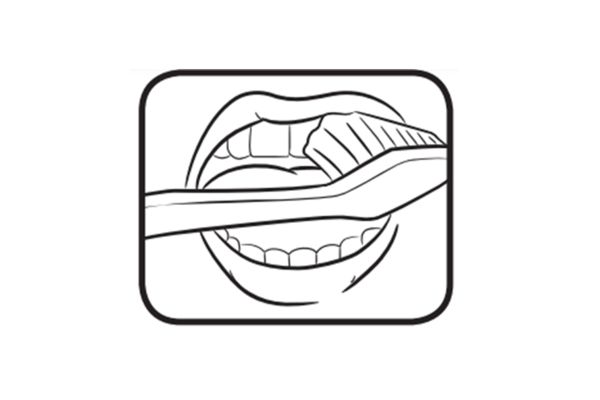
1. A 45-degree angle is ideal for placing your toothbrush. In this case, your gums will be cleaned better.
2. Brush up and down gently with short strokes.
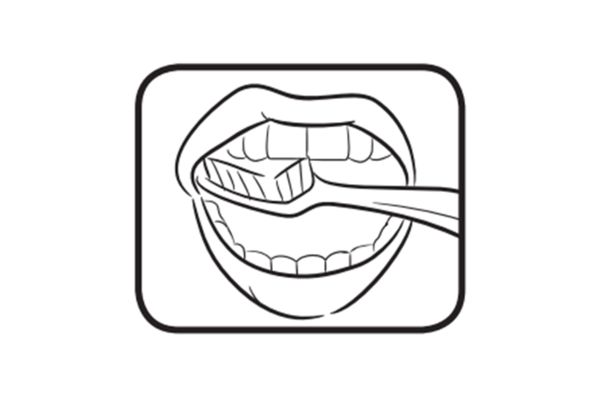
3. Ensure that all teeth are brushed on all surfaces, including their outer surfaces, inside surfaces, and chewing surfaces.
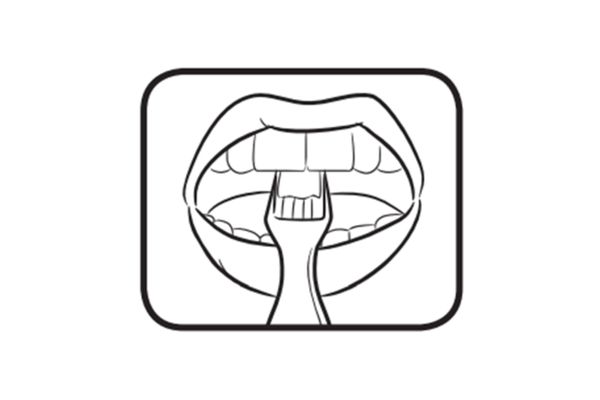
4. The inner part of your front teeth should be cleaned vertically with the toothbrush.
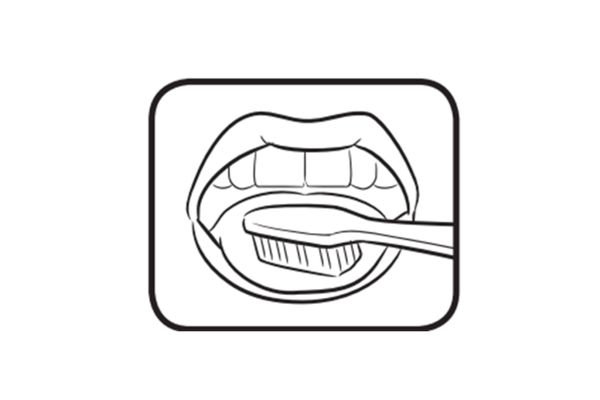
5. For fresh breath, brush your tongue daily.
When we have bad habits, it can be very hard. But if you persist a little, you will be able to develop the right habits. Habitually, many people brush their teeth for only 40-50 seconds. However, they have to face many conditions such as dental caries, plaque formation, and gum diseases just because they don't extend the brushing time a bit.
*Image sources; https://www.mouthhealthy.org
